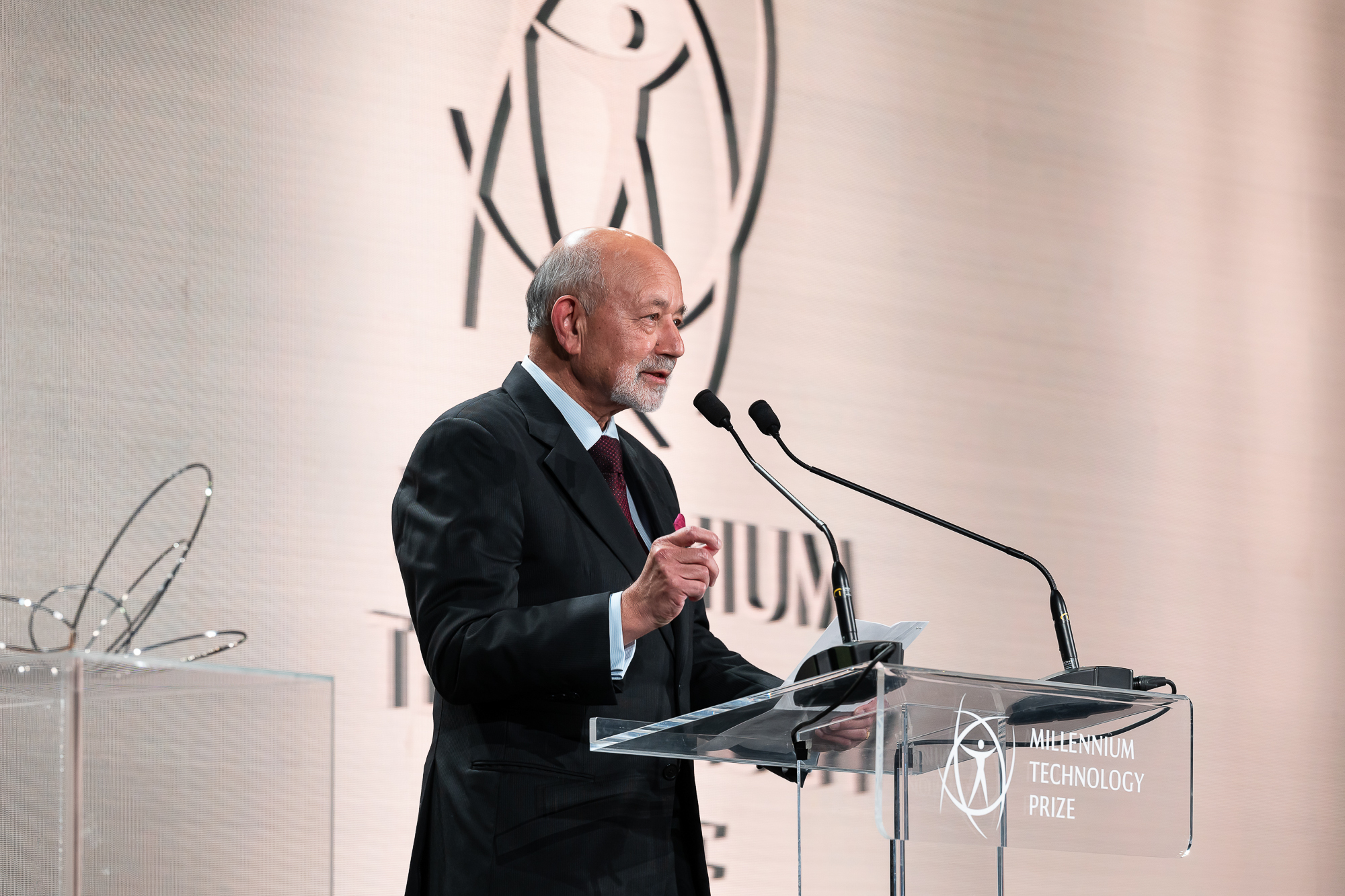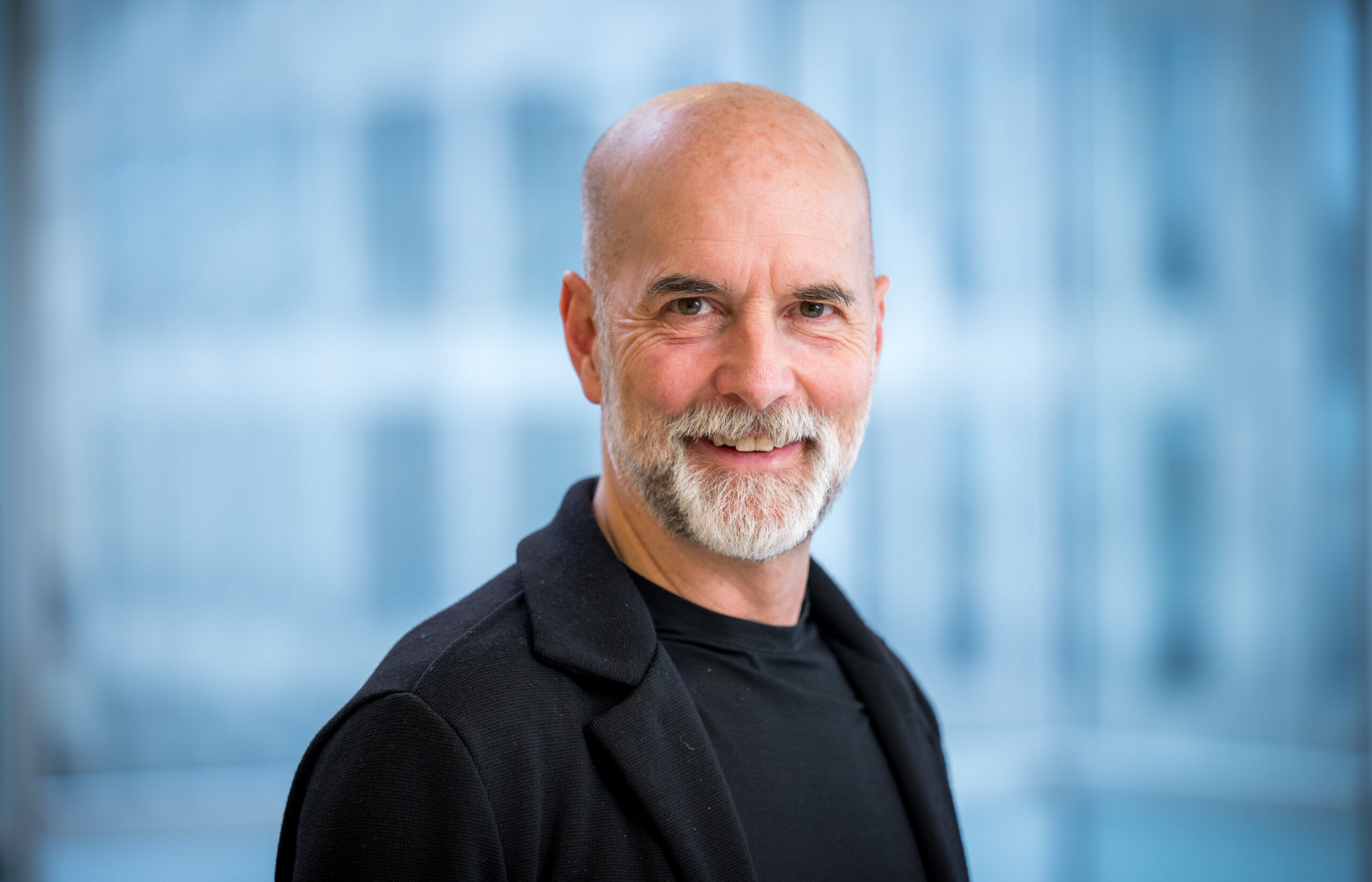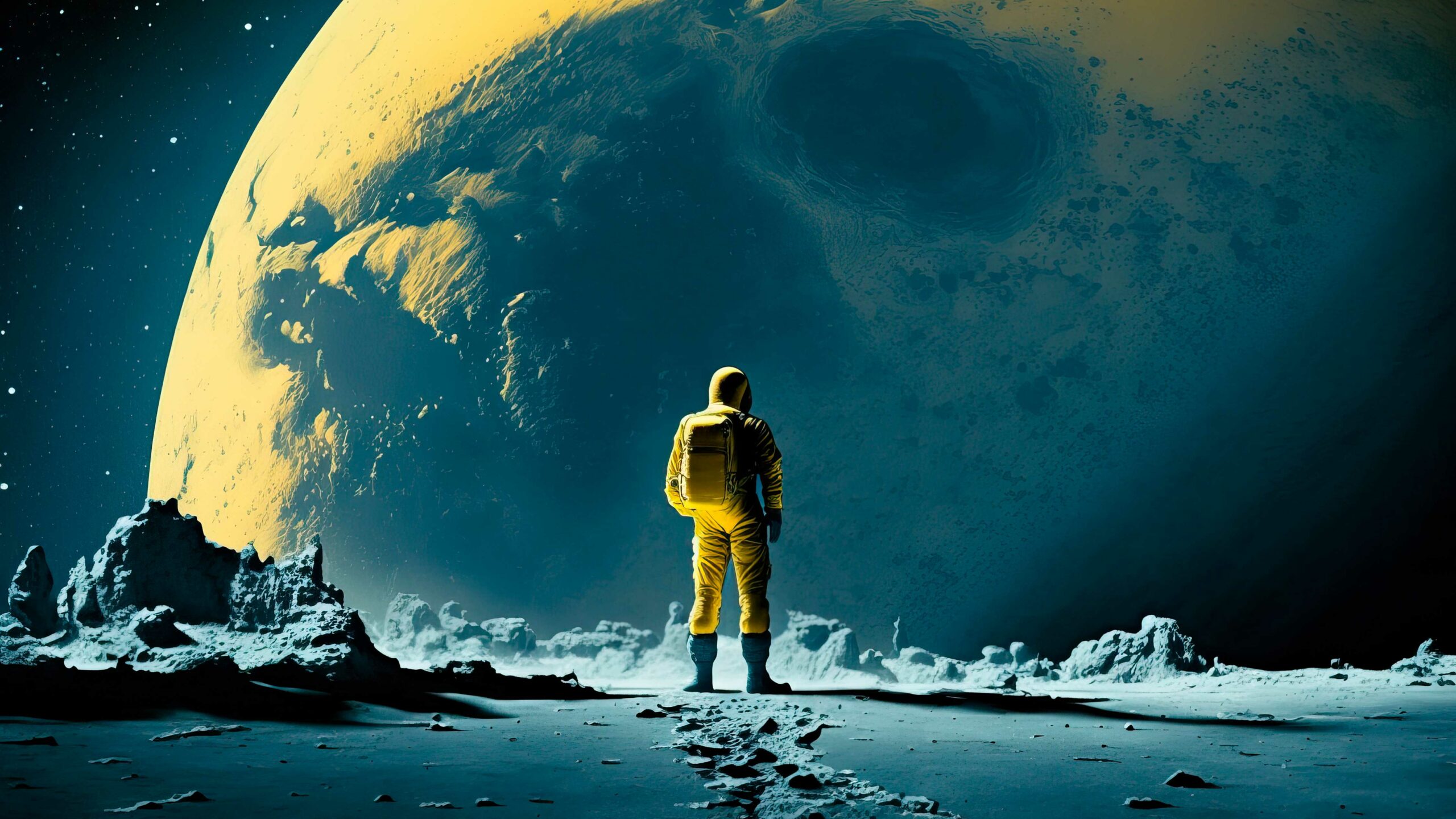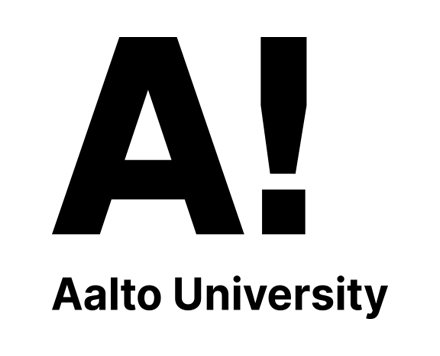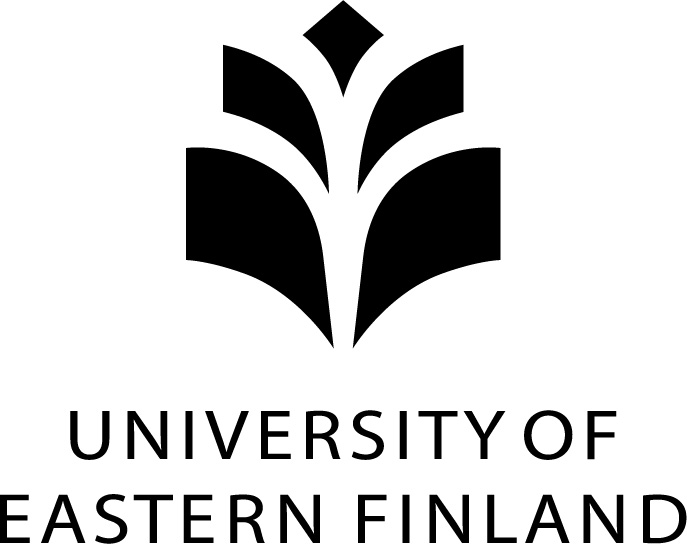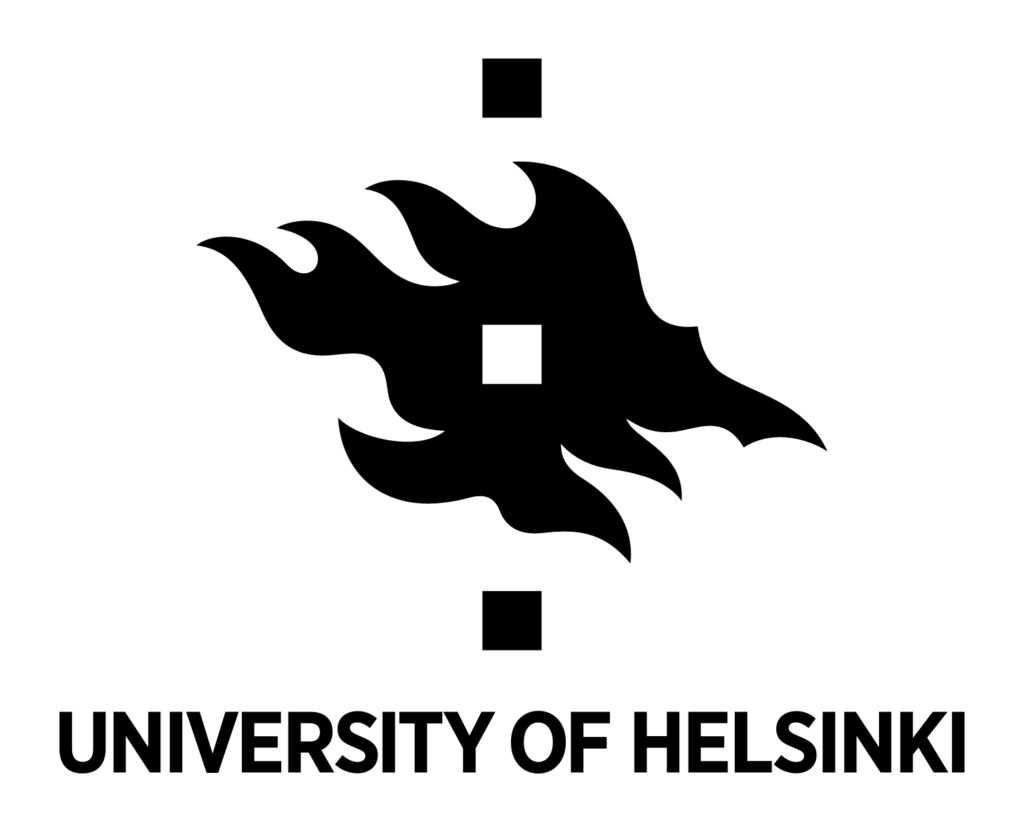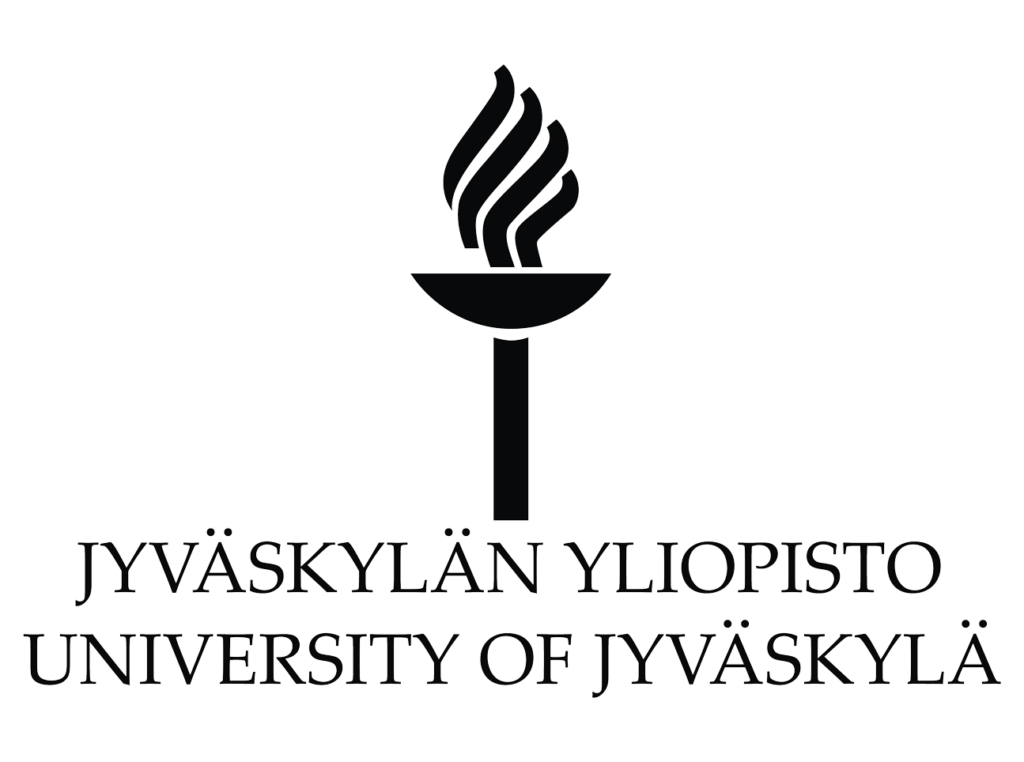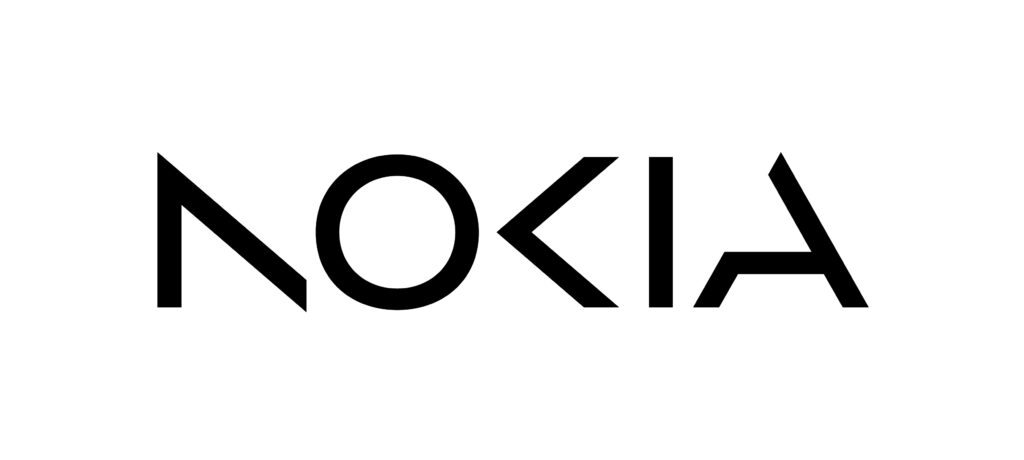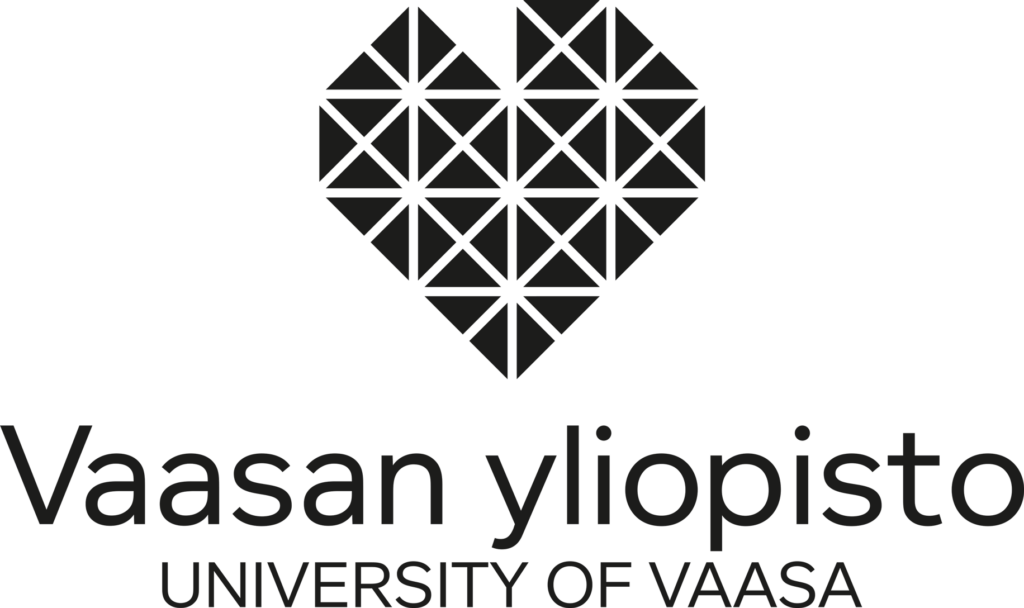MTP Forum Speaker interview: “Quantum computing will enable us to live longer, healthier lives, free from the limitations humans have always faced”
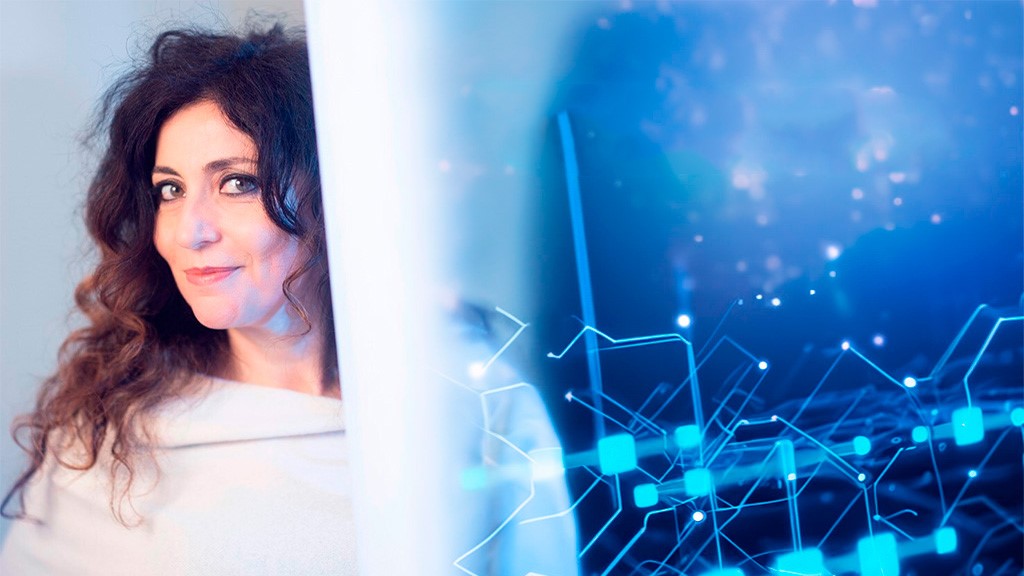
Professor Sabrina Maniscalco is confident that the next technological revolution is set to be Quantum computing integrated with AI. Combined, these two technologies will become the ultimate exponential technology that we will need to solve some of the most intractable problems, like climate change, Maniscalco says.
Sabrina Maniscalco is a Professor of Quantum Information, Computing and Logic at the University of Helsinki. She is CEO and co-founder of Algorithmiq Ltd, a startup focusing on quantum algorithms for Life Sciences. Maniscalco will be speaking at the Millennium Technology Prize Forum on 30 October, together with other experts of radical technologies that are supposed to define our future.
Maniscalco likes to quote Google’s CEO Sundar Pichai who told the MIT Technology Review in 2019 that “AI can accelerate quantum computing, and quantum computing can accelerate AI.”
“At the Millennium Technology Prize Forum, I will discuss how these two technologies complement each other and what exactly is needed to integrate them seamlessly. I will also elaborate on the current status on quantum computing and Finland’s unique position at the intersection between quantum computing and AI”, Maniscalco says.
“As quantum AI technology advances, life expectancy will increase faster, eventually reaching a point where we gain a year of life expectancy each year.”
What are the possibilities offered by quantum computing?
”Quantum computers have the capability to solve certain problems that are beyond the reach of conventional computers, including supercomputers.
As the complexity of these problems grows, the time and computational power required for exact solutions increase exponentially, making them impractical for classical computers.
Examples include the electrical conductivity of a material or the molecular properties of a drug. For real-world applications with classical computers, exact computations would demand more transistors than there are atoms in the universe. Quantum computers can handle these computations efficiently, surpassing the limitations of classical computing.
Moreover, quantum computing can be integrated with AI to remove some of AI’s most significant limitations. They can generate new data to improve accuracy, make AI development more cost-effective and sustainable, and provide more reliable and understandable solutions.”
At the Millennium Technology Prize Forum, we are looking for ways to use radical technologies in a way that they help all of humankind but also ensuring that humans stay in control of these technologies. With quantum computing, how can we reach the “utopia” where machines and humans work together in harmony?
”Quantum computing combined with AI will, for example, transform medicine into a precise science. Instead of the slow trial-and-error methods used in labs today, advanced computer models will rapidly analyze billions of options to discover the best medicines.
This technology will speed up drug discovery and testing by using much richer data, allowing us ultimately to simulate everything from proteins to entire bodies. This means we can move beyond current clinical trials, which are expensive, slow, and often not accurate enough.
With digital trials, we can create medicines tailored to each person, potentially curing diseases like cancer and Alzheimer’s, and even addressing aging. As quantum AI technology advances, life expectancy will increase faster, eventually reaching a point where we gain a year of life expectancy each year, reaching the so-called longevity escape velocity. As computing costs drop, these advanced treatments will become widely available to everyone.
This is the most exciting vision: longer, healthier lives, free from the limitations and weaknesses humans have always faced.”
Read more about the Millennium Technology Prize Forum and find out about the line-up for the rest of our speakers. The event will be streamed globally at Yle Areena on 30 October 2024.

